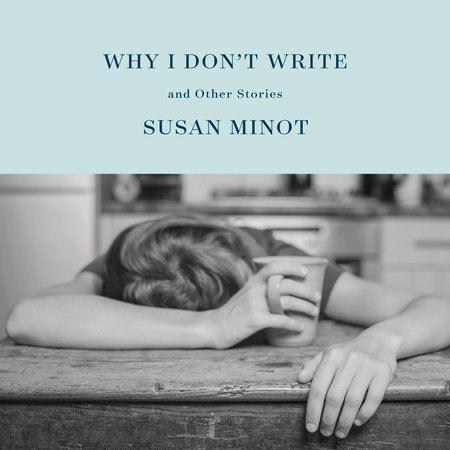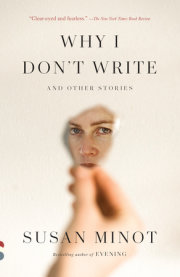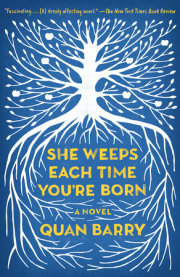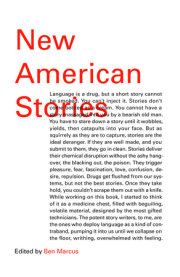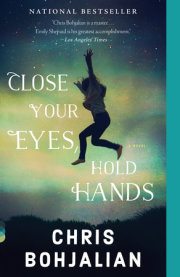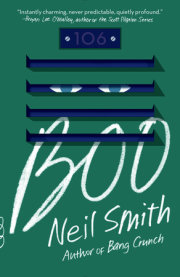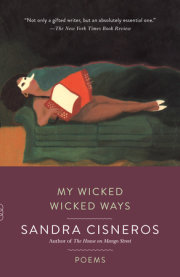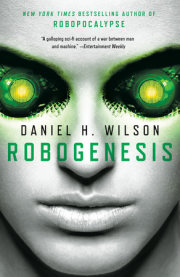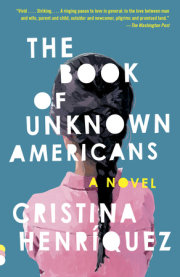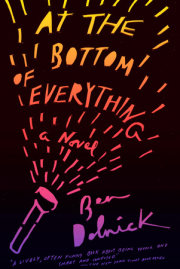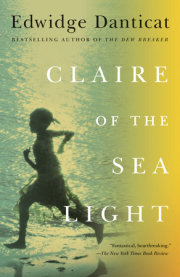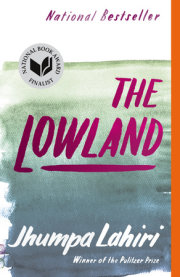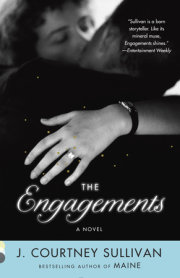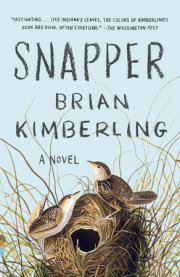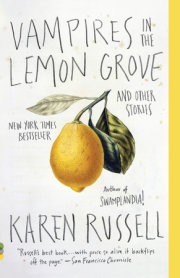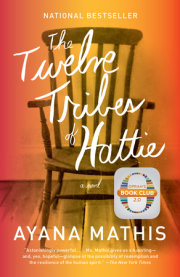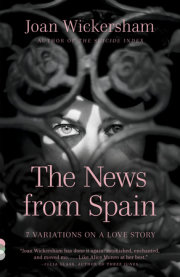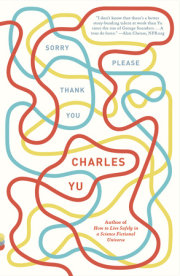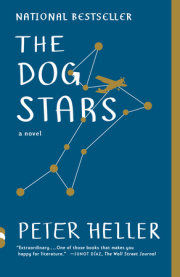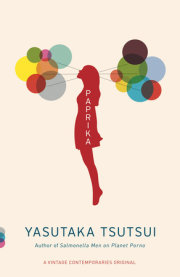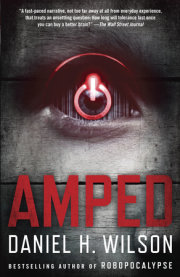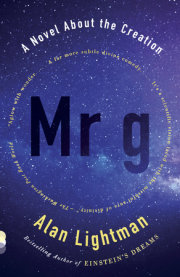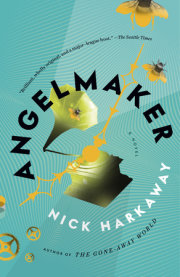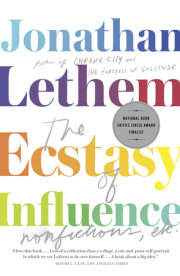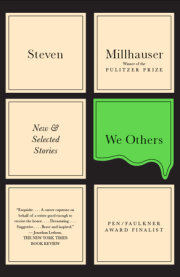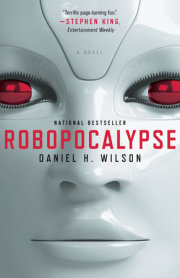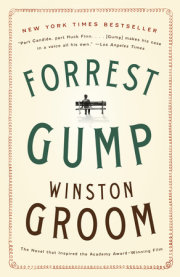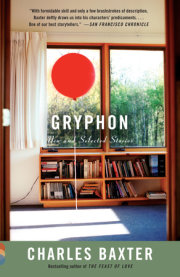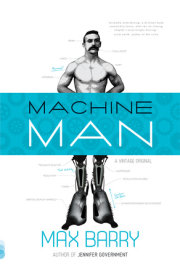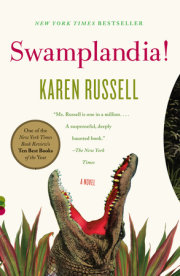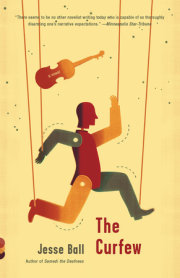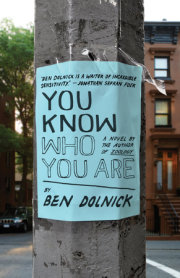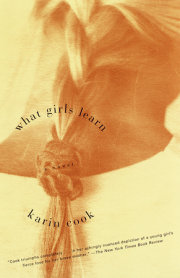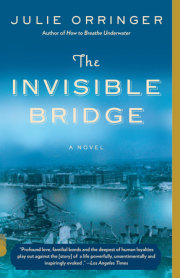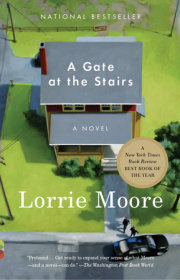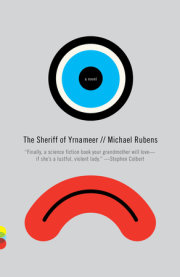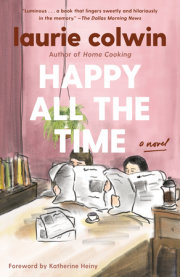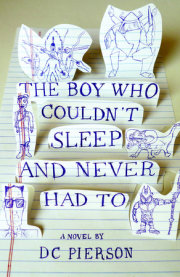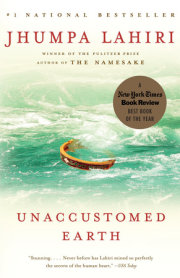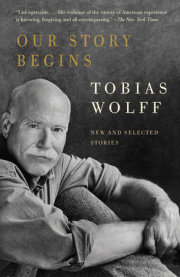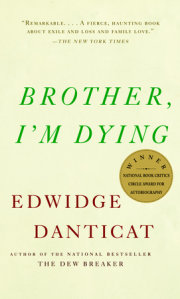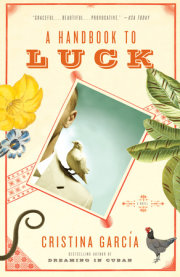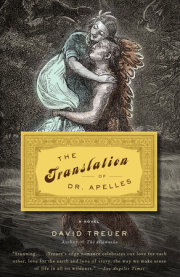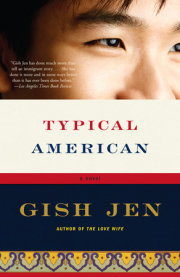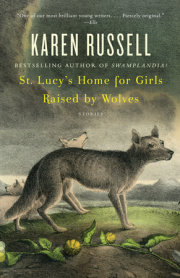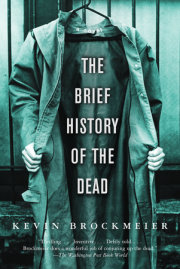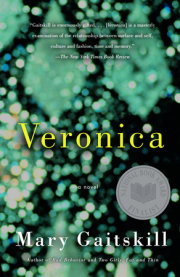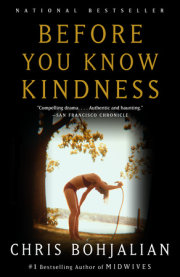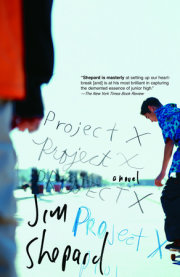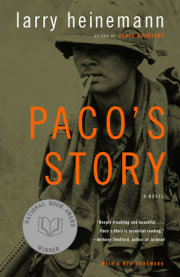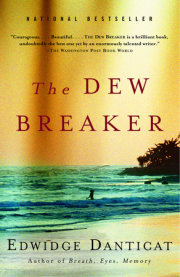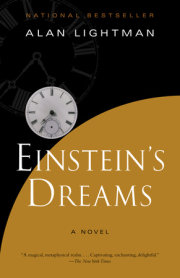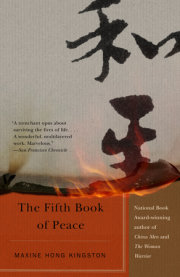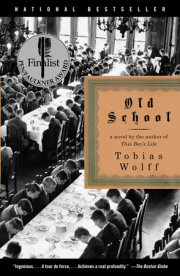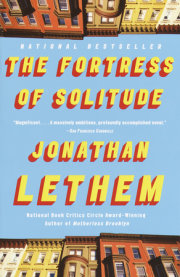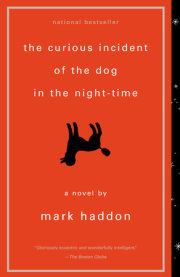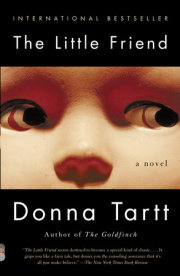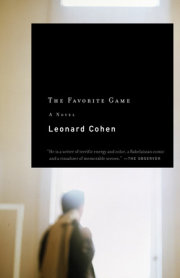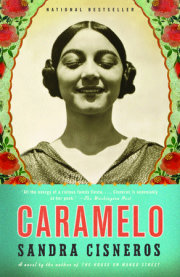The Torch
She lay back on the clean white pillows.
Is that—? Who’s there? she said.
It’s me.
John? she said in a weak voice. Is that you, John? Happiness came into her tone.
Yes, it’s me, said her husband, taking her hand.
Where have you been?
I’ve been right here. You just woke up.
Are we at home?
Yes, he said. We’re at the house.
You came from—? she whispered. She shook her head. No,
she said. That’s not . . .
Is there anything I can get you, dear?
No, John.
Here, have a little water. He held up a paper cup. His hand was shaky. He managed to guide the bent straw to her lips.
Thank you, John, she said. Saying his name pleased her. She smiled, though her husband would have hardly called it a smile. Her face had lost most of its flesh and her profile was more pronounced, even regal.
She spoke with great effort. I’m thinking of the dancing, she said. Isn’t it lovely to think of? Her eyelids were low and her black eyes looked elsewhere.
It is, he said. He stroked her hand. Her hand had not changed so much, though her wedding band was loose beneath her knuckle. But her wrist was different, flat like a board, and her fore- arm where it emerged from her dressing gown was like a plank.
Have you changed the music, John?
What, dear?
I’m sorry, she said. I’m confused.
Painkillers, he said. The medicine is making you confused.
Her gaze flicked in his direction with a sharp bird-look, testing the soundness of this. The medicine, she said uncertainly, and nodded. What time is it?
He consulted his watch and after some time reported, Twenty to five.
In the evening, she said with suspicion.
In the evening.
They sat for a while.
Then she said, Tomorrow I think we might go to the shore.
We’ll see.
She lifted up her narrow arms and dropped them on the bedspread. Oh, God, she groaned, I’d love to swim. In lovely cold water.
You would like that, he said.
I wanted to swim with you, John. She frowned. But they served dinner so early.
It’s all right, he said.
They kept the tables apart, but everyone danced after, she said. I thought—but then she came the next day. Her mouth turned down. What did you say to her, John?
The man shook his head.
What? she said.
I can’t remember, the man said with resignation.
She was prettier than I. That, everyone knew.
I don’t know about that, he said.
Couldn’t dance as well though. But she was chic. I remember she had a really good-looking scarf and a wonderful suit. Better clothes than mine.
The woman’s hand waved slowly; it didn’t matter so much now.
You were a wonderful dancer, he said. You are.
Did you love her, John?
No, he said. I loved you.
The woman nodded, her expression placid, skin stretched over her cheekbones.
I know, she said, meaning to reassure him. I know. Her eyes closed, winglike. I wondered if you believed in Christ, she said.
Her husband watched her fall asleep. In their lifetime he’d watched her face go through many changes, but he could still see the first face he’d known when she walked up from the beach that day.
Where are we again? Her eyes stayed closed.
Home, in the house on Chestnut Street.
Oh yes. In my room.
In your room.
That’s right. Her eyes opened. You’ll stay here, John? You won’t go away?
I won’t go away.
He sat and watched her sleep, looking at her dry lips and polished forehead. Past the bed out the window, it was turning blue and he looked at his watch. The doctor was coming by after five. He stayed in the chair. He looked at his thumbs meeting each other.
After an uncertain amount of time there was a tap on the door. The doctor’s head appeared, the door was pushed farther ajar. Sleeping? the doctor said.
The man nodded.
Could I talk to you? the doctor said, with a twitch of his head.
They stood side by side at the upstairs railing, both looking down at the top of the lamp on the hall table below. I want to ask, said the doctor, how you are holding up.
The man stared ahead of him, not wanting to speak.
Andrew, said the doctor. It can be hard on a man.
At the mention of his name, Andrew turned to face the doctor. Yes, he said. He knew.
Copyright © 2020 by Susan Minot. All rights reserved. No part of this excerpt may be reproduced or reprinted without permission in writing from the publisher.

